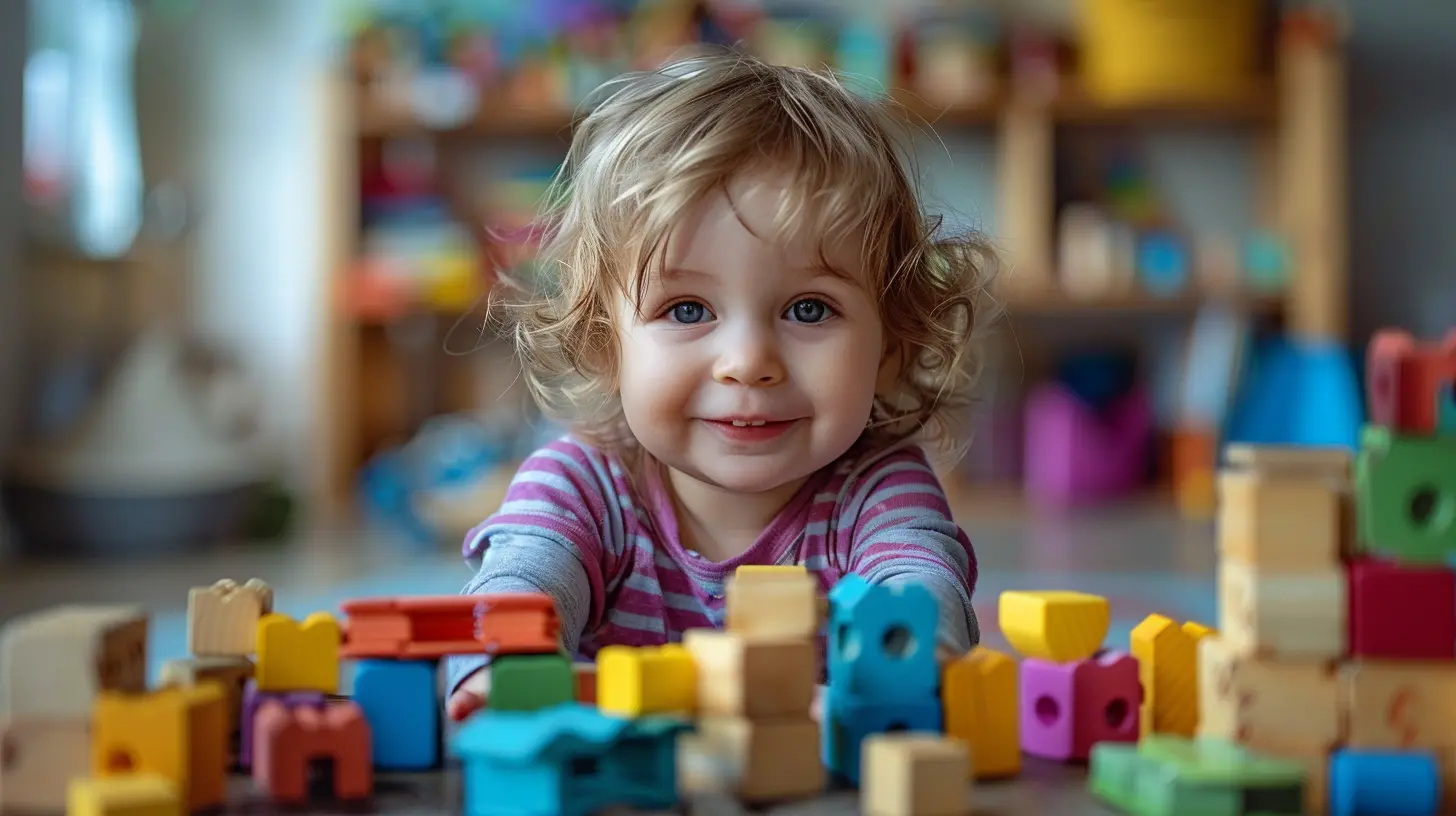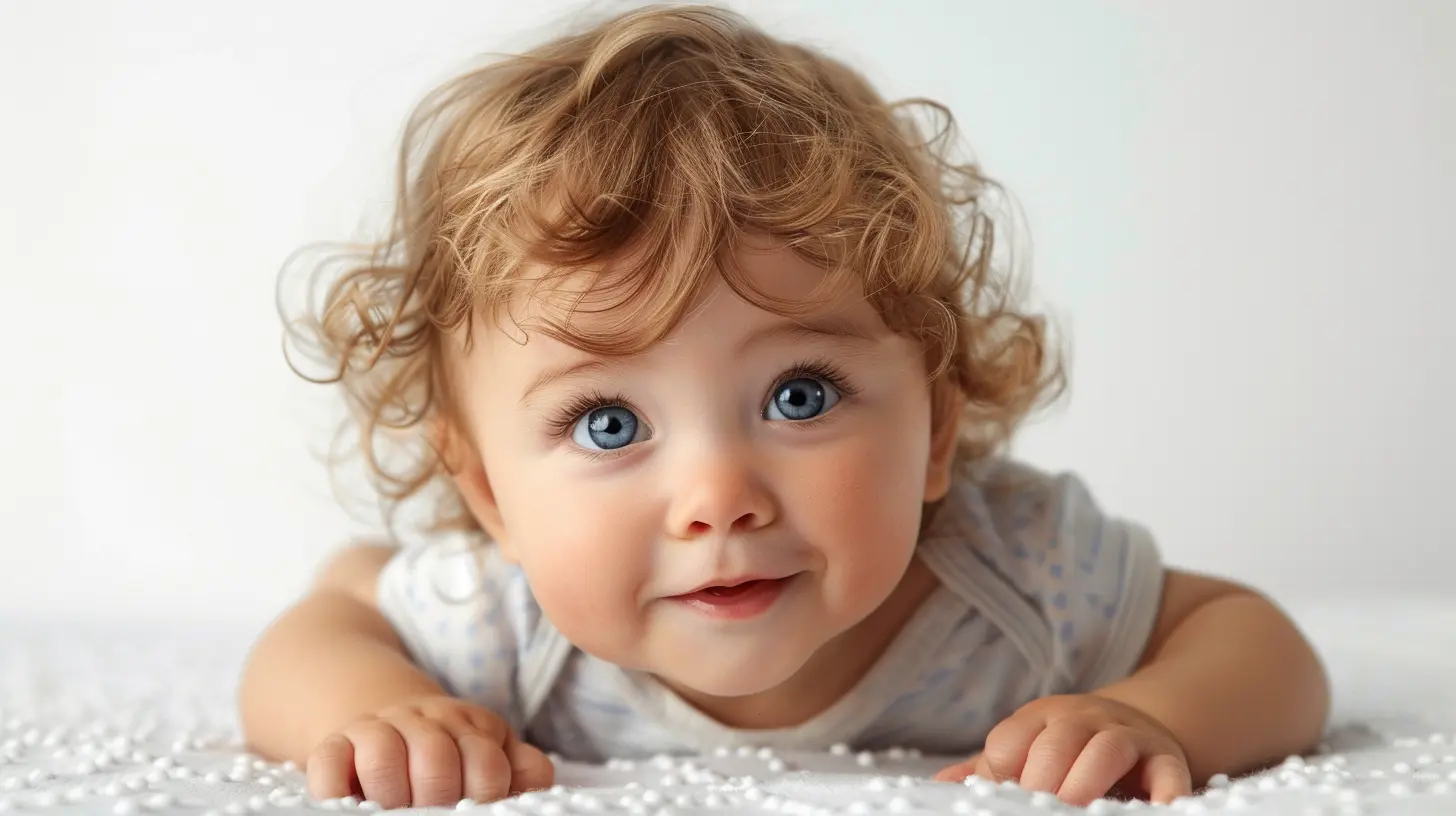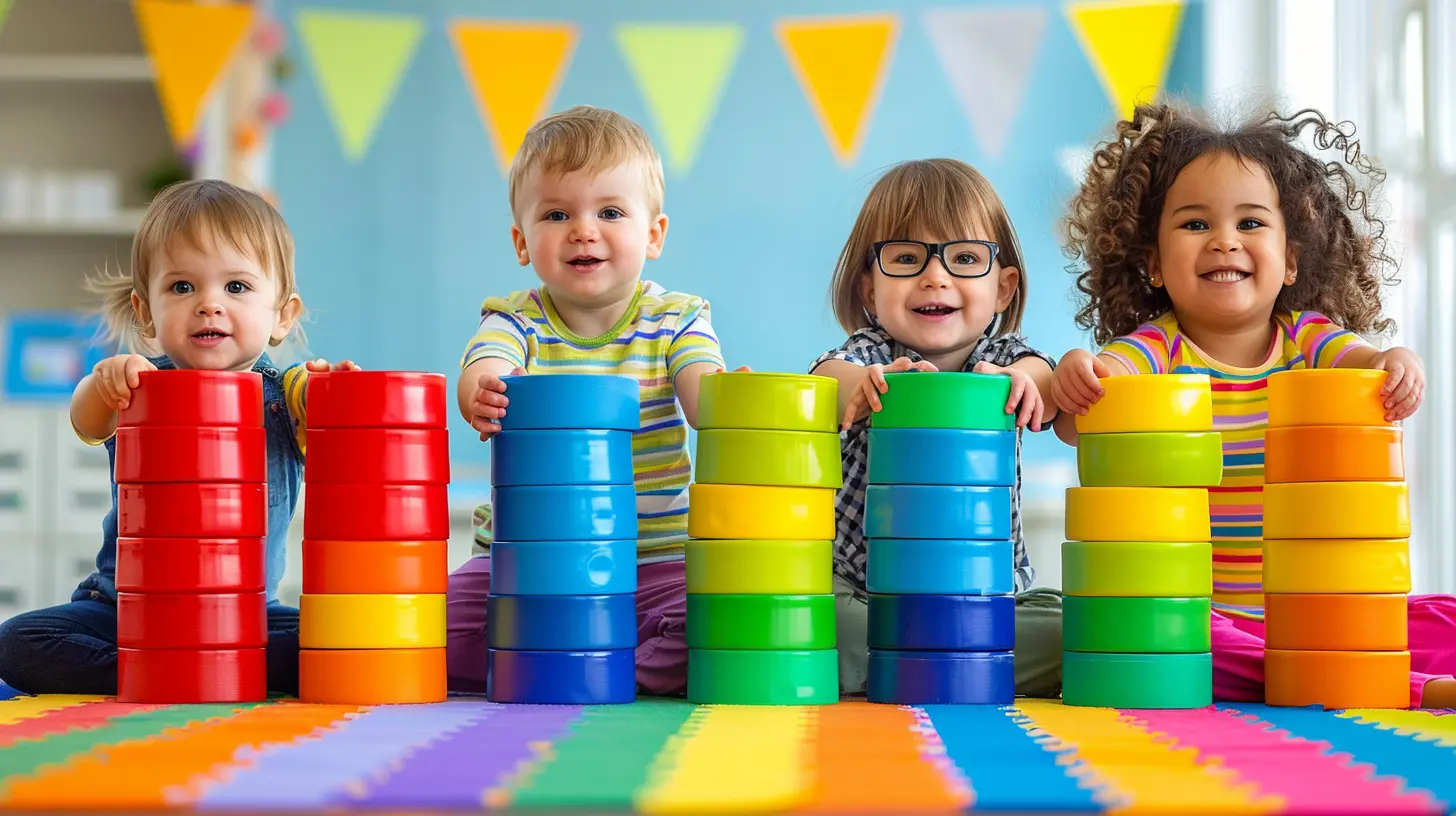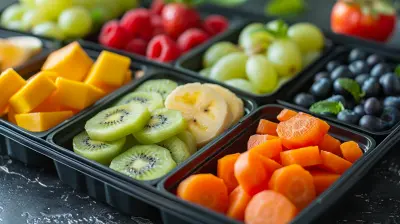Understanding Milestones: What Parents Should Know About Their Child’s Development
15 August 2025
As parents, watching your little one grow and change is nothing short of magical. From their first smile to their first steps, each milestone feels like a huge accomplishment—not just for them, but for you too! But let's be honest, sometimes it's hard not to worry: Is my child developing at the right pace?
The truth is, every child is unique, but there are some general developmental milestones you can expect to see along the way. In this guide, we'll break down these milestones, what they mean, and when you might want to check in with a professional. 
What Are Developmental Milestones?
Developmental milestones are a set of skills or abilities that most children achieve by a certain age. These include physical, cognitive, social, and language skills. Think of them as checkpoints in your child’s growth journey! But remember, milestones are guidelines, not strict rules—some kiddos may hit them early, while others take a little more time.Milestones are usually grouped into the following categories:
- Gross Motor Skills – Activities that involve large muscle movements, like crawling or walking.
- Fine Motor Skills – Smaller movements, such as grabbing objects or using a spoon.
- Language and Communication – Understanding and using words, gestures, or facial expressions.
- Cognitive Skills – Problem-solving, learning, and understanding their surroundings.
- Social and Emotional Development – Interacting with others, expressing emotions, and developing relationships.
Baby Milestones: The First Year
The first year of life is packed with changes! Babies grow at an astonishing pace, reaching new milestones almost every month. Here's what you can generally expect:0-3 Months: The Newborn Phase
During these first few months, your baby is adapting to life outside the womb. Here are some early milestones:- Physical: Lifts head briefly when on tummy, moves arms and legs actively.
- Social: Begins smiling (hello, heart-melting moment!), responds to familiar voices.
- Cognitive: Starts tracking objects with their eyes.
- Language: Coos and makes gurgling sounds.
💡 Pro Tip: Lots of tummy time helps strengthen those neck and shoulder muscles!
4-6 Months: Growing Awareness
At this stage, babies start to discover the world around them.- Physical: Rolls over, begins sitting with support.
- Social: Recognizes familiar faces, enjoys playtime.
- Cognitive: Explores objects by putting them in their mouth (watch out for choking hazards!).
- Language: Babbling begins—get ready for adorable baby talk!
7-12 Months: On The Move
This is an exciting time as babies start becoming more mobile.- Physical: Sits unassisted, crawls, may stand or even take first steps.
- Social: Expresses emotions more clearly, might develop separation anxiety.
- Cognitive: Uses simple problem-solving, like figuring out how to reach toys.
- Language: Understands basic words (like "no" or their name), waves goodbye.
💡 Pro Tip: Playing peek-a-boo helps with object permanence—your baby starts to understand things exist even when they can't see them.
Toddler Milestones: Ages 1-3
Ah, toddlerhood—the age of boundless energy! Here's what to expect as your little explorer grows.1-2 Years: Walking and Talking
This is when toddlers gain independence!- Physical: Walks steadily, starts running.
- Fine Motor: Stacks blocks, uses a spoon.
- Social: Shows affection, plays simple interactive games.
- Cognitive: Follows simple instructions.
- Language: Says basic words, begins forming simple sentences.
💡 Pro Tip: Engage in conversation even if their words are limited. Responsive talking helps boost their language skills!
2-3 Years: Mini Adult in the Making
Your toddler’s personality is shining through!- Physical: Climbs well, kicks a ball.
- Fine Motor: Starts scribbling.
- Social: Plays alongside (or with) other kids.
- Cognitive: Begins understanding concepts like colors and shapes.
- Language: Forms longer sentences, asks lots of "why" questions.
💡 Pro Tip: Reading together daily builds vocabulary and nurtures a lifelong love for books.
Preschool & Early Childhood: Ages 3-5
By now, your little one is developing stronger reasoning skills and independence.3-4 Years: Social Butterflies
At this stage, kids start to enjoy social interactions more.- Physical: Jumps, runs, and rides a tricycle.
- Fine Motor: Holds crayons properly, learns to button shirts.
- Social: Plays with others, shares (sometimes!).
- Cognitive: Understands simple time concepts like "today" or "tomorrow."
- Language: Speaks in longer sentences, tells stories.
4-5 Years: Ready for Kindergarten
Preschoolers are full of curiosity and imagination.- Physical: Hops, balances on one foot.
- Fine Motor: Uses scissors, draws people with details.
- Social: Shows empathy, follows rules in games.
- Cognitive: Can count to ten, recognizes some letters.
- Language: Holds conversations, knows basic grammar.
💡 Pro Tip: Encourage independence by letting them dress themselves—even if their socks don’t match!
When Should You Be Concerned?
It's natural for kids to reach milestones at different rates. However, you might want to consult a pediatrician if your child:- Doesn’t smile by 3 months.
- Can’t sit without support by 9 months.
- Isn’t making any attempt to communicate by 1 year.
- Has trouble walking by 18 months.
- Shows no interest in social interactions.
- Struggles with speech beyond typical delays.
Early intervention can make a big difference, so if you have concerns, don’t hesitate to ask for professional advice.
How Parents Can Support Development
Want to encourage your child's growth? Here are some easy ways to help:- Provide a Stimulating Environment – Offer age-appropriate toys and activities.
- Talk, Read, and Sing – Communication is key to language development.
- Encourage Play – Play is the best way for kids to learn!
- Give Lots of Love and Affection – A secure environment boosts confidence.
- Promote Independence – Let them try new things (even if it’s messy!).
Final Thoughts
Every child is on their own unique journey. While milestones provide helpful guidelines, they aren't set in stone. Instead of stressing over exact timelines, focus on engaging and nurturing your little one every day. Before you know it, they’ll be reaching new heights—both literally and figuratively!If you ever have concerns, trust your instincts and talk to a pediatrician. After all, parenting isn't about perfection; it's about love, patience, and enjoying the incredible adventure of watching your child grow.
all images in this post were generated using AI tools
Category:
Child DevelopmentAuthor:

Kelly Snow
Discussion
rate this article
1 comments
Anna Simmons
Ah yes, milestones—because who doesn’t love a checklist to stress over as parents?
August 22, 2025 at 2:45 PM

Kelly Snow
I understand that milestones can feel overwhelming, but they serve as helpful guides to support your child's growth and development. It's all about finding balance!


